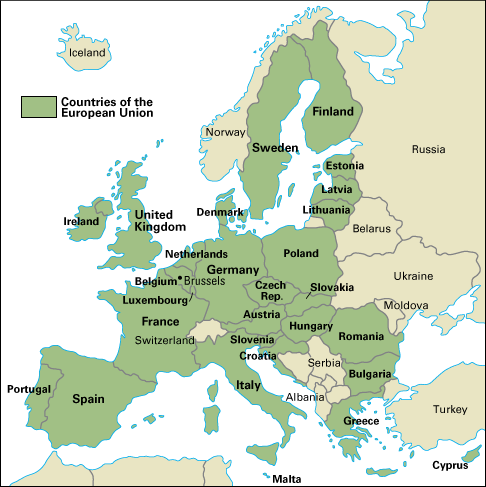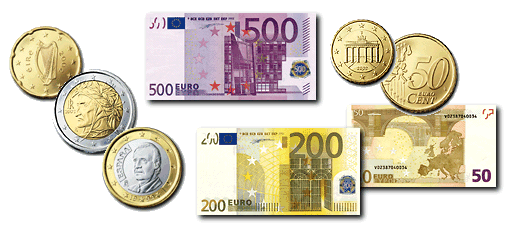Political Gridlock in Greece Threatens Eurozone
Tuesday, May 15th, 2012May 15, 2012
Political parties in Greece were unable to come to terms today to form a coalition government, forcing yet another round of parliamentary elections. President Karolos Papoulias is scheduled to meet with all political leaders to establish an interim government until the elections, which are expected to take place in mid-June.
Greece is in a fifth year of recession, and its economy contracted by fully 6.2 percent in the first quarter of this year. With the rate of unemployment at a record 22 percent, a majority of Greeks voted on May 6 for either far left wing or right wing parties that oppose austerity measures demanded by the European Union (EU) and International Monetary Fund. The measures were part of an agreement granting Greece two bailouts to avoid default on its national debt. European leaders, specifically German Chancellor Angela Merkel, have stated that they will cut off funding for Greece if it rejects that bailout agreement.

Seventeen of the 27 member nations of the European Union (EU) are in the eurozone. They are Austria, Belgium, the Republic of Cyprus, Estonia, Finland, France, Germany, Greece, Ireland, Italy, Luxembourg, Malta, the Netherlands, Portugal, Slovakia, Slovenia, and Spain. (World Book map)
Economists note that without EU funding, Greece would effectively fall into bankruptcy, making it all but certain that it would exit the European single currency. Seventeen countries, known as the eurozone, adopted the single currency. The prospect of a debt-crippled Greece forced out of the European single currency depressed prices of stocks on European markets as well as the value of the euro against the U.S. dollar.
Market analysts fear that a possible departure from the euro will set off a new round of financial instability for Europe and the outside world. The economies of at least a dozen European countries are already in recession.
Additional World Book articles:
- Crisis in the Eurozone (a special report)
- Banks 2011 (a Back in Time article)
- Economics 2011 (a Back in Time article)



